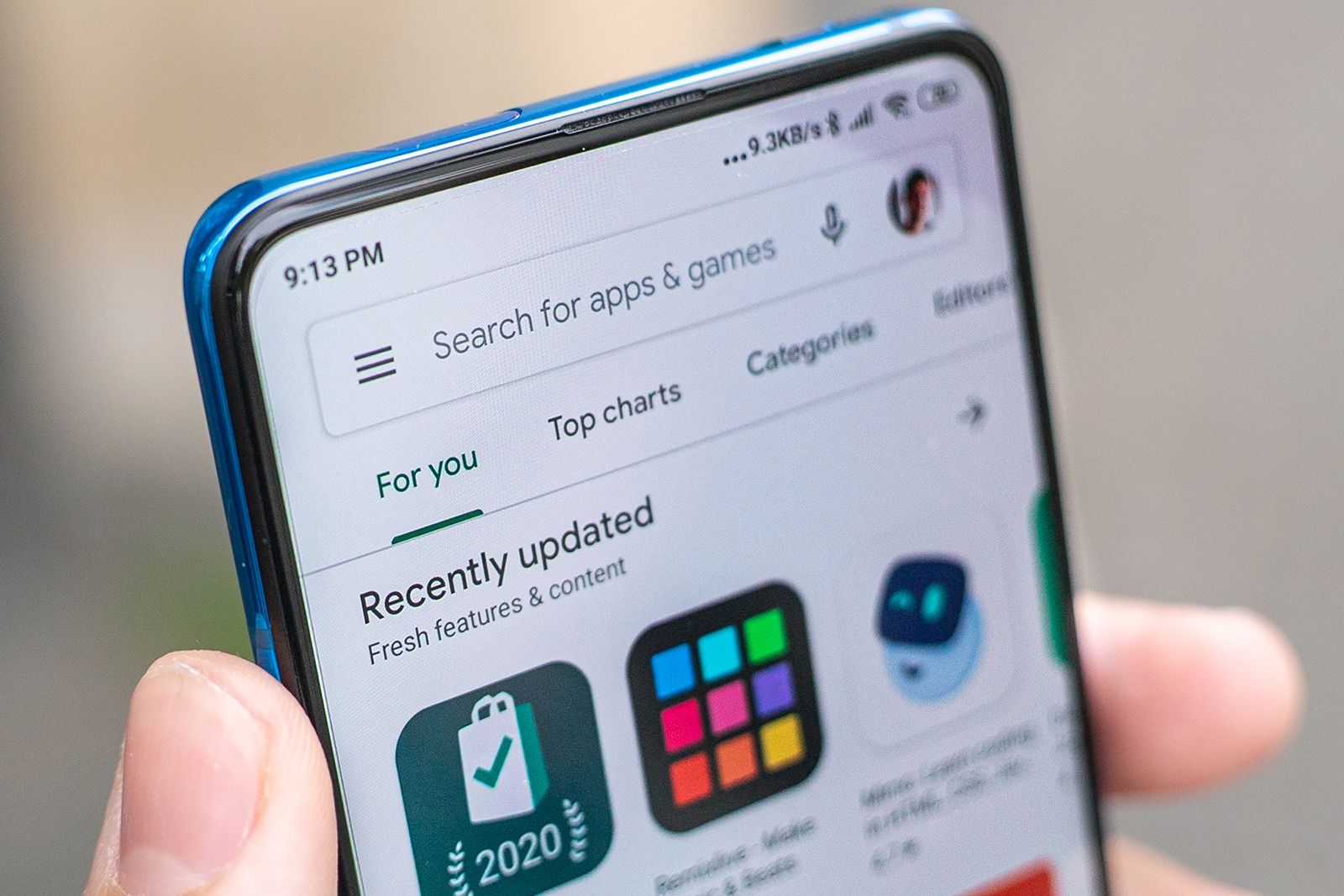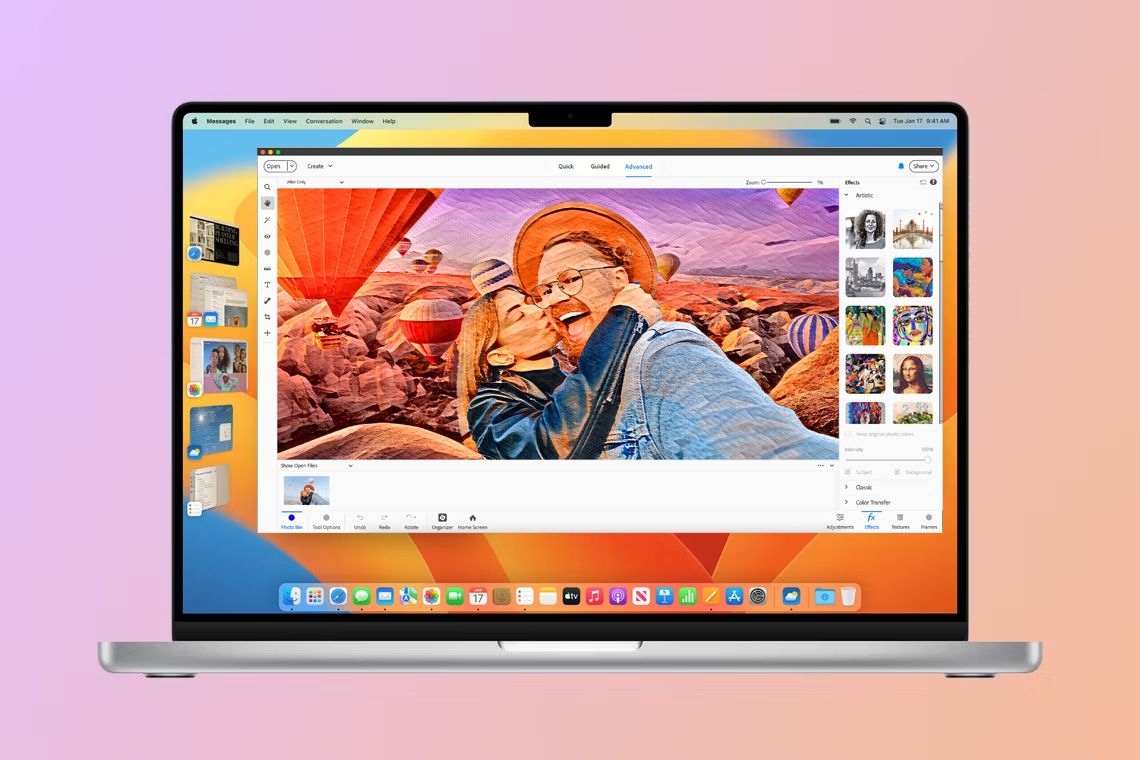[ad_1]
Key Takeaways
- Google is changing its Play Store rules to allow real-money gaming (RMG) apps, opening up the possibility for a new wave of games that involve real cash.
- Previously, RMG apps were only allowed in markets with pre-existing regulatory frameworks, but now Google is removing this requirement in select markets to start.
- The new rules will come into place in June 2024, and while the apps must still be legal, they will no longer need established regulatory frameworks. Google will also be changing its service fee model for RMG apps.
If you’re an Android user who downloads most of their apps from Google’s Play Store, you could soon gain access to more games. Specifically, those of the real-money gaming (RMG) variety — games that see real cash change hands in a similar way to casino and betting apps. That’s after Google announced changes to its Play Store developer rules that will permit RMG apps that would normally have been rejected and unavailable in the store as a result.
While Google already allowed RMG apps into the Play Store, there were strict restrictions on what kinds of apps were available in specific parts of the world based on whether there were existing regulatory frameworks in place. Now, Google says that it is going to remove the requirement for a framework before allowing an RMG app into the Play Store, potentially opening the door to a whole new wave of games that will have people spend real money in an attempt to earn or win more.

How to install the Google Play Store on an Android phone or tablet that doesn’t have it
You need the Google Play Store if you want to install most apps on an Android device. But what if your Android device doesn’t have access to Google Play Services by default?
A small rule change with big implications
In an Android Developers blog post, Google noted that the change is part of a plan to “help developers responsibly build new businesses and reach wider audiences across a variety of content types and genres.” That aim saw limited RMG app availability begin back in 2021, but only “in markets with pre-existing licensing frameworks.” Since then, Google says that developers have been asking for more leniency to allow them to launch different types of RMG apps.
To meet developer requests, Google says that it ran pilot programs to allow two specific apps to launch in India and Mexico. These apps are legal but don’t have the prerequisite regulatory frameworks. Despite that, Google believes that the pilot was sufficiently well-received to expand it to all developers, allowing more to launch new types of RMG apps.
“Based on the learnings from the pilots and positive feedback from users and developers, Google Play will begin supporting more RMG apps this year, including game types and operators not covered by an existing licensing framework,” the company’s post explains. “We’ll launch this expanded RMG support in June to developers for their users in India, Mexico, and Brazil, and plan to expand to users in more countries in the future.”
For those apps launched under the pilot program, Google will extend a period of grace that runs until June 30, 2024, the date that the new, relaxed rules will come into place.
The key thing to note here is that all of the apps Google allows into the Play Store must still be legal, but they won’t need to have established regulatory frameworks in place from that date. That means Android users will soon see apps beyond the normal casino, betting, and lottery apps appear in the Play Store for the first time. However, Google is quick to point out that those apps will still need to be age-gated to prevent underage spending, while the user’s geolocation will also need to be matched against local laws to ensure apps are not being used illegally.
Google also looks set to change the way it charges developers (read increase fees) for its handling of RMG apps, saying that it will “also be evolving our service fee model for RMG to reflect the value Google Play provides and to help sustain the Android and Play ecosystems.” The post goes on to explain that Google is “working closely with developers to ensure our new approach reflects the unique economics and various developer earning models of this industry.”
[ad_2]
Source link



